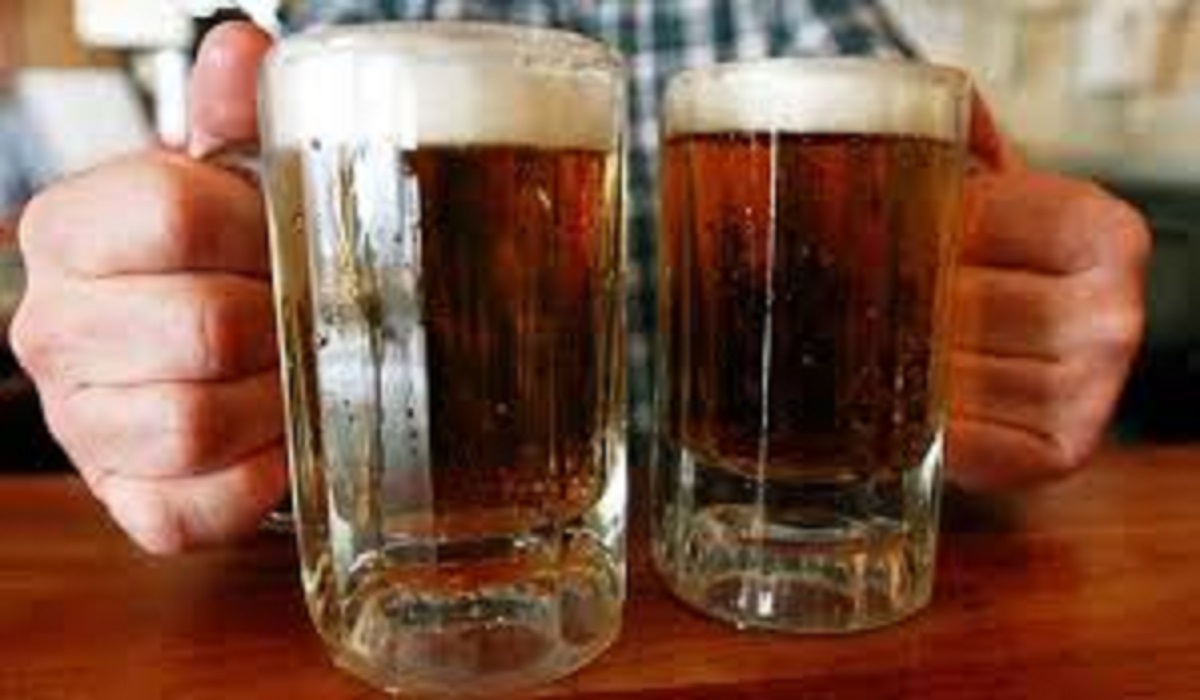Drunk Improve Your Foreign Language Skills
Drunk Improve Your Foreign Language Skills: Have you ever felt more confident speaking a foreign language after a drink or two? Many people claim that alcohol lowers their inhibitions, making it easier to converse in a non-native language. But is there any scientific truth behind this idea, or is it just a placebo effect?
In this article, we’ll explore the latest research on alcohol and language learning, examining whether a drink can actually boost fluency—or if it just makes us think we’re speaking better.
How Alcohol Affects the Brain and Language
1. Reduced Inhibition and Increased Confidence
Alcohol is known to lower social anxiety, which can help language learners overcome the fear of making mistakes. Studies suggest that moderate alcohol consumption may reduce self-monitoring, allowing for smoother (if not always more accurate) speech.
2. Impact on Memory and Cognitive Function
While alcohol might make you feel more fluent, it can impair memory retention and grammatical accuracy. Heavy drinking negatively affects vocabulary recall and pronunciation, making long-term learning harder.
3. The “Beer Goggles” Effect on Language
Just as alcohol can distort perception in social settings, it may also alter how we perceive our own language abilities. You might feel more fluent, but objective listeners may notice more errors.
Scientific Studies on Alcohol and Language Learning
The 2017 Study by the University of Liverpool
Researchers found that participants who consumed a small amount of alcohol (equivalent to one beer) performed slightly better in a Dutch pronunciation test compared to sober participants. However, higher alcohol levels led to worse performance.
The Role of Anxiety in Language Learning
A 2020 study in Journal of Psychopharmacology suggested that low-to-moderate alcohol intake could help socially anxious individuals speak more freely in a foreign language. However, excessive drinking had the opposite effect.
Pros and Cons of Drinking While Speaking a Foreign Language
Potential Benefits
✔ Lowered anxiety – Helps shy learners speak more freely.
✔ Increased risk-taking – Encourages trying new words and phrases.
✔ Social bonding – Alcohol can make conversations feel more natural in informal settings.
Potential Drawbacks
❌ Impaired memory – Harder to retain new vocabulary.
❌ Reduced accuracy – More grammatical mistakes and slurred speech.
❌ Overconfidence – May lead to embarrassing errors without realizing it.
Practical Tips for Language Learners
- Moderation is key – A single drink might help, but more will hinder fluency.
- Practice in safe environments – Try drinking lightly only with trusted friends or tutors.
- Don’t rely on alcohol – Use other anxiety-reducing techniques like meditation or deep breathing.
FAQs About Alcohol and Language Learning
1. Does alcohol really make you speak a foreign language better?
It can reduce anxiety and make you feel more fluent, but it may also increase mistakes. Small amounts might help, but excessive drinking hurts performance.
2. How much alcohol is “safe” for language practice?
Studies suggest one standard drink (e.g., a beer or glass of wine) may have mild benefits, but more than that impairs cognitive function.
3. Can alcohol help with language exams or tests?
No—alcohol impairs memory and focus, making it a poor choice for formal language assessments.
4. Are some languages harder to speak when drunk?
Languages with complex grammar (like German or Russian) may become harder, while simpler conversational languages might feel easier.
5. What are better alternatives to alcohol for language confidence?
Practice with native speakers, use relaxation techniques, or join language exchange meetups without alcohol.
Conclusion
While a drink or two might temporarily boost confidence in speaking a foreign language, it’s not a reliable learning strategy. The best way to improve fluency remains consistent practice, immersion, and overcoming anxiety through healthy methods.
